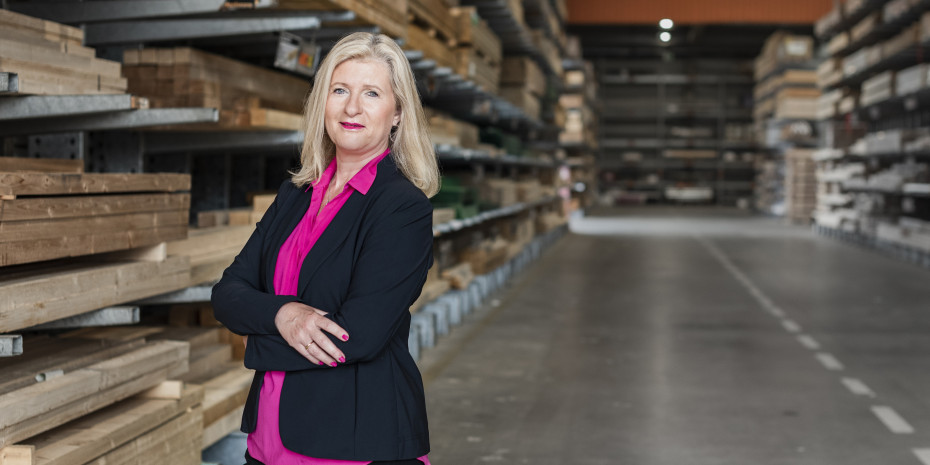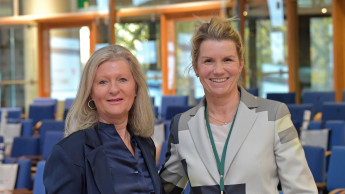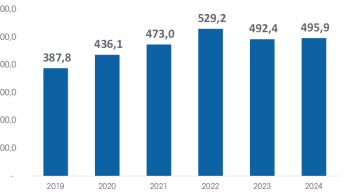Worldwide, there are currently only five women working at board or CEO level in the DIY trade: Susanne Jäger and Karin Dohm at Hornbach in Germany, Agne Vovere at Emitazas in Lithuania, Verónica Valdez at Promart in Peru and Andrea Scown at Mitre 10 in New Zealand.
This is one of the reasons why the German trade magazine diy-Fachmagazin has taken a closer look at the topic of women in the DIY sector in its March issue. Susanne Jäger, who is responsible for purchasing on the board of the German DIY chain Hornbach, which is active throughout Europe, talks to the trade journal diy-Fachmagazin about this.
In the DIY retail sector, you are one of the few women working at board or management level. At Hornbach, you even have another female colleague. There are actually only three female CEOs worldwide. Why is that the case in the DIY sector?
Susanne Jäger: Women in leadership is a social issue and not a particular feature of a specific industry. Our DIY industry, for example, is still dominated by men. Probably even somewhat more so than in other industries. According to the September 2022 Allbright study on board recruitment, not even 15 per cent of the board members at the 160 companies listed on the DAX, MDAX and SDAX are women.
Only since 2019 have there been more female board members than board members named Michael and Thomas. In the meantime, Christian is the new Thomas ...
But we at Hornbach are well positioned here: we have six board members, two of whom are women. My colleague Karin Dohm, CFO, and I are responsible for purchasing, which for us means merchandising and also includes classic category management, product development and product range sales.
Qualifications are the decisive factor, not gender: If you look at the quota of women in German companies, you would have to assume that women are less qualified than men. But somehow that can't be the case, can it?
The issue has a deep socio-cultural dimension. What role models are being conveyed? What framework conditions does politics create? And what framework conditions exist in the economy in general? This is different from the Eastern European countries, for example. There, the conditions are different due to history. In the Nordic countries, too, couples tend to share the child-rearing work. There, childcare is also better regulated overall.
But it's also up to us women ourselves. We are not demanding enough, and sometimes lack the self-confidence to put ourselves in such a position. In that respect…

 Menü
Menü













 Newsletter
Newsletter